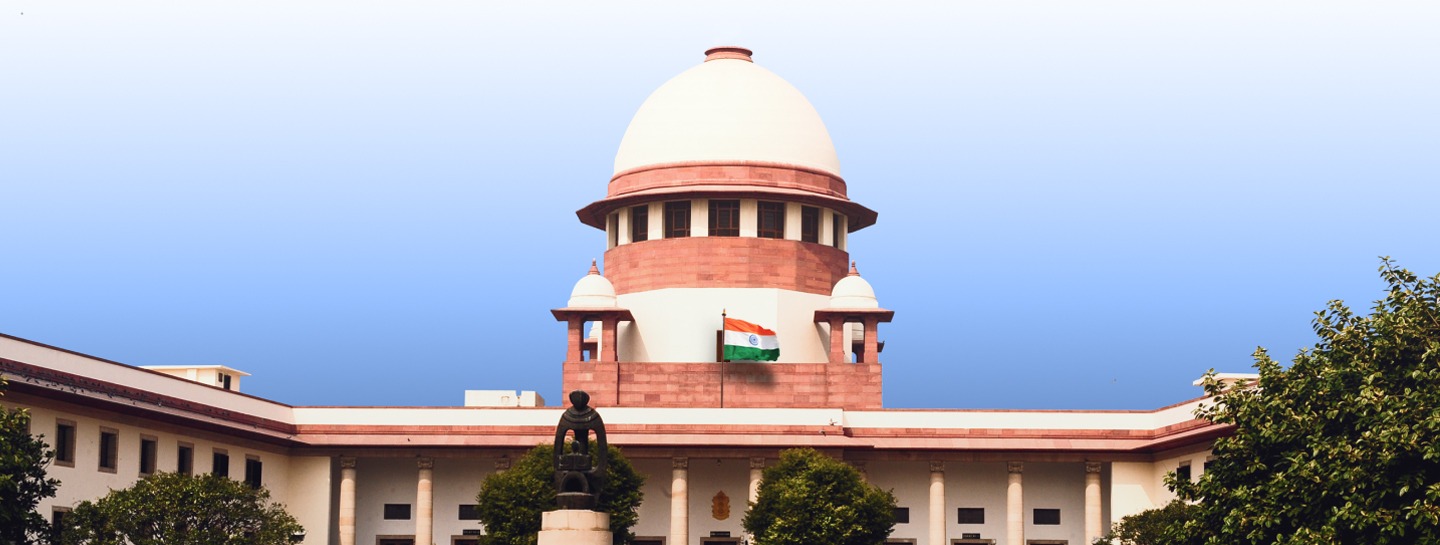Legal Challenge Over NRI Quota Allocation in Madhya Pradesh Medical Colleges
NRI quota: The High Court of Madhya Pradesh is presently dealing with a petition challenging the selective NRI quota seat allocation in all private medical colleges of the state.
The case was presented by Dr. Ojas Yadav, a Bhopal-based doctor, against the said selective distribution of reserved NRI quota seats across several medical disciplines.The petitioner argues that 15 per cent of the seats in private medical colleges, that were supposedly meant for NRI students are being disproportionately allocated to eight high-demand courses alone. Those other branches remain unutilised.
According to the petition, there are as many as 22 medical branches in total; however, the NRI quota seats are available in eight of them. According to Dr. Yadav, this selective allotment violates the rights of meritorious non-NRI students whose options are significantly reduced as an outcome.
He particularly points out that 152 NRI quota seats are divided into only eight popular branches like MBBS, MD, and MS, which collectively have only 545 seats.
That means a sizeable chunk of the seats in such critical courses is reserved for NRI students, leaving fewer slots open for deserving domestic applicants.
Alok Bagrecha, arguing for Dr. Yadav, mentioned that the NRI seats violate the Medical Education Admission Rules 2018, as they only allow 15% of the total seats to be reserved for NRI candidates.
He further claimed that in many cases, the actual NRI quota exceeds this limit, with up to 40-50% of seats in some branches being allocated to NRI students.
The paper also goes on to point out lapses in procedure during the allocation of seats, including allowing insufficient time for claims and objections during the choice-filling stage of admissions.
As a reply, the Madhya Pradesh High Court, through judges Justice Sanjeev Sachdeva and Justice Vinay Saraf, issued notices to the state government and all concerned authorities, demanding that they provide their responses within a week.
This case raises the growing issue of merit-based admissions and an equal distribution of seats, particularly in high-demand courses, in order to make it fair to all students.
Moving forward, the legal process may lead to wide-reaching implications as far as the immediate case is concerned and, hence, the overall medical admissions procedure in Madhya Pradesh could undergo reforms that make seat distribution in the private medical colleges of the state more balanced and transparent.






















